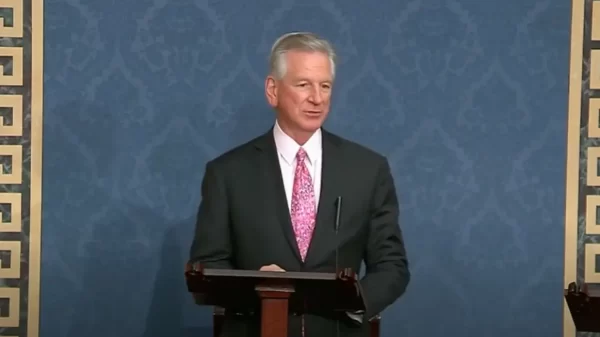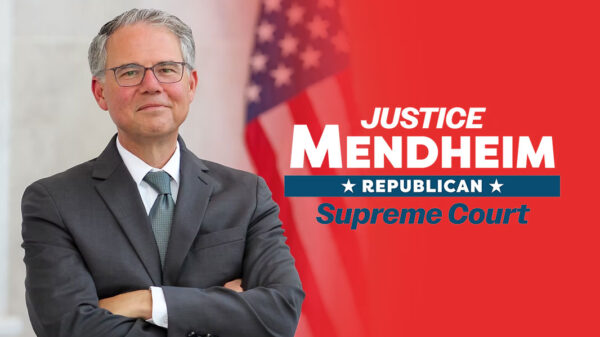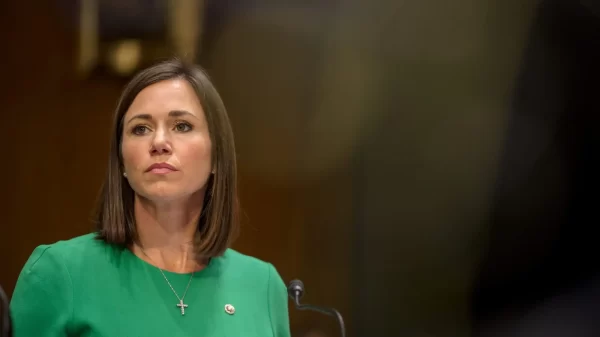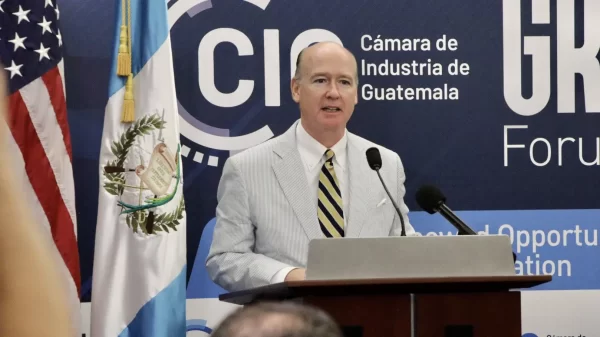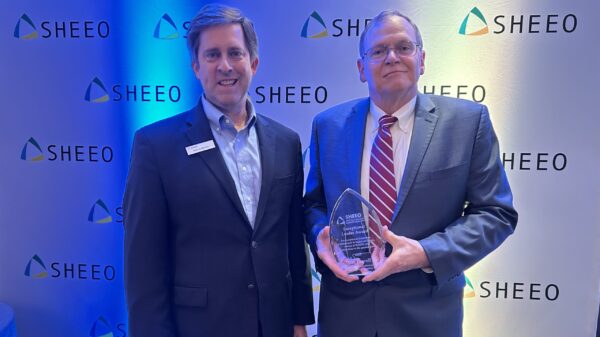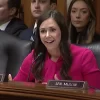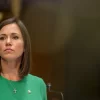By Dr. Henry Mabry
AEA Executive Secretary
As President Abraham Lincoln said, “You can fool some of the people all of the time, all of the people some of the time, but you can not fool all of the people all of the time.”
Maybe that’s why 100,000 people rallied at the North Carolina Capitol in Raleigh last week concerning the “Moral Monday” movement. The same protest a year ago only attracted 15,000 people, but numerous North Carolinians are already fed up with the extremism of the legislature they elected in 2012.
One of the major complaints being directed at North Carolina’s GOP-dominated General Assembly is a lack of funds for education. Researchers at Duke University have found that charter schools have aggravated existing segregation issues in North Carolina, and that they are leaving less money for public education spending. We are experiencing a similar problem with the implementation of the Alabama Accountability Act.
With the voucher law poised to transfer more and more money from public education funds to private schools in Alabama, former Gov. Bob Riley and his wealthy out-of-state partners are teaming up to enrich themselves, businesses, and corporations through a management scheme to milk even more money from public schools.
Alabama’s voucher law allows non-governmental groups such as Riley’s non-profit Alabama Opportunity Scholarship Fund, to retain a 5 percent “management fee” for funds donated for “scholarships.” His group already has amassed $20 million in these funds and he and his friends will receive $1 million just from this first infusion of cash.
It is no wonder that John Kirtley, a millionaire Tampa, Fla., venture capitalist and chairman of the board of Florida’s Step Up for Students, agreed to partner with Riley in Alabama. Kirtley’s Florida group oversees that state’s charter schools for a 3 percent fee, managing to collect from the state about $7 million in 2012. This does not even account for “processing payments” for which Kirtley will surely enjoy from the Alabama scheme. In Florida, another of Kirtley’s entities received a flat $5 million in 2011 for “processing fees.”
In Alabama, there are a total of nine scholarship granting organizations approved by the state Revenue Department that are vying to take “scholarship” money that otherwise would have gone into our public schools.
We have argued from the beginning that the rush to corporatize schools is wrong because schools are not commodities or consumer goods. We do not need false “choices” in public education. We need great public schools in every community, but this is difficult when tens of millions of public education dollars are being absorbed by private schools, many of which don’t even meet state standards, and greedy opportunists. Choice alone guarantees nothing.
I agree with an observation by Diane Ravitch, President George H. W. Bush’s education expert and a nationally known opponent of charter schools, who said:
“The more that policy makers promote choice, the more they sell the public on the idea that their choice of a school is a decision they make as individual consumers, not as citizens. As a citizen, you become invested in the local public school; you support it and take pride in its accomplishments. You see it as a community institution worthy of your support, even if you don’t have children in the school.
“You think of public education as an institution that educates citizens, future voters, members of your community. But as school choice becomes the basis for public policy, the school becomes not a community institution but an institution that meets the needs of its customers.”
There is no problem with parents who want to send their children to private, religious, or independent schools. It is the right of every parent to make such a choice; however, it has been a long held belief in Alabama – even during the civil rights era – that the public should not pay for private education. Under the pretense of “choice,” Republican legislative leaders have pushed corporate-style education reform to promote voucher and tax-credit programs that divert public resources to private schools. Now, as poor as our schools are, our schools will be propping up private schools designed by the wealthy for the wealthy.
Another outside entity that is hip-deep with GOP legislators in the issue of privatization of public schools is the American Legislative Exchange Council (ALEC). A Washington, D.C.-based group, ALEC is an ideologically conservative lobbying organization that consists of business interests and conservative state legislators for the purpose of drafting research, policy papers, and model legislation to influence state legislatures and promote conservative initiatives.
ALEC’s footprints have been all over the Alabama Legislature since the day the Republicans took office in 2010, and this is influencing education policy actions.
The stance of the Republican leadership in Alabama on corporatizing public education mirrors that of ALEC, and many GOP lawmakers are members of the group. Through ALEC, corporations, ideologues, and their politician allies have voted to spend public tax dollars to subsidize private K-12 education and attack professional teachers.
ALEC’s model bill promotes voucher programs that drain public schools of resources by using taxpayer dollars to subsidize private school profits, and it specifies that those schools remain unregulated. It also gives tax credits to parents who send their children to private schools. ALEC’s education agenda puts profits before performance, and corporations before children. The ALEC agenda of privatization at any cost is wrong for students. It invites corporations to shape public policy on education with devastating results for students and their communities.
ALEC bills are replicated across the country to divert public resources into private hands, degrade curriculum and accountability, and weaken the voice of educators. These ALEC bills pave the way for profiteers.
Do we notice a pattern between ALEC’s model and the Alabama Accountability Act? It is obvious.
More diversion from public school dollars may be on the way in the form of HB384 by Republican Rep. Mac Buttram of Cullman. This bill would provide state income tax credits to parents, businesses, and corporations that contribute to a program to allow high school students dual enrollment in a career tech school program.
The Legislative Fiscal Office says such a law would cost the Education Trust Fund up to $5 million annually.
The amount of the tax credit that may be claimed by a taxpayer would be equal to 50 percent of the total contribution made to the Department of Postsecondary Education for the qualifying educational expenses.
While AEA certainly supports dual enrollment for high school students, we believe the program should be directly funded from the education budget. As we learned from the Alabama Accountability Act, tax credits are bad public policy.
AEA will be watching as HB384 moves to the Alabama Senate to see if it’s just one more attempt to divert public funds for private use, thus diluting the overall quality of public education across the state.
Our guess is that the Buttram bill is another Trojan horse to enhance the Accountability Scholarship Act slush fund approach and we expect Sen. Del Marsh to amend the dual-enrollment scholarship tax credit to be 100 percent rather than a 50 percent tax credit. This way, the bosom buddies of Bob Riley, Mike Hubbard, and Del Marsh will make even more money.


